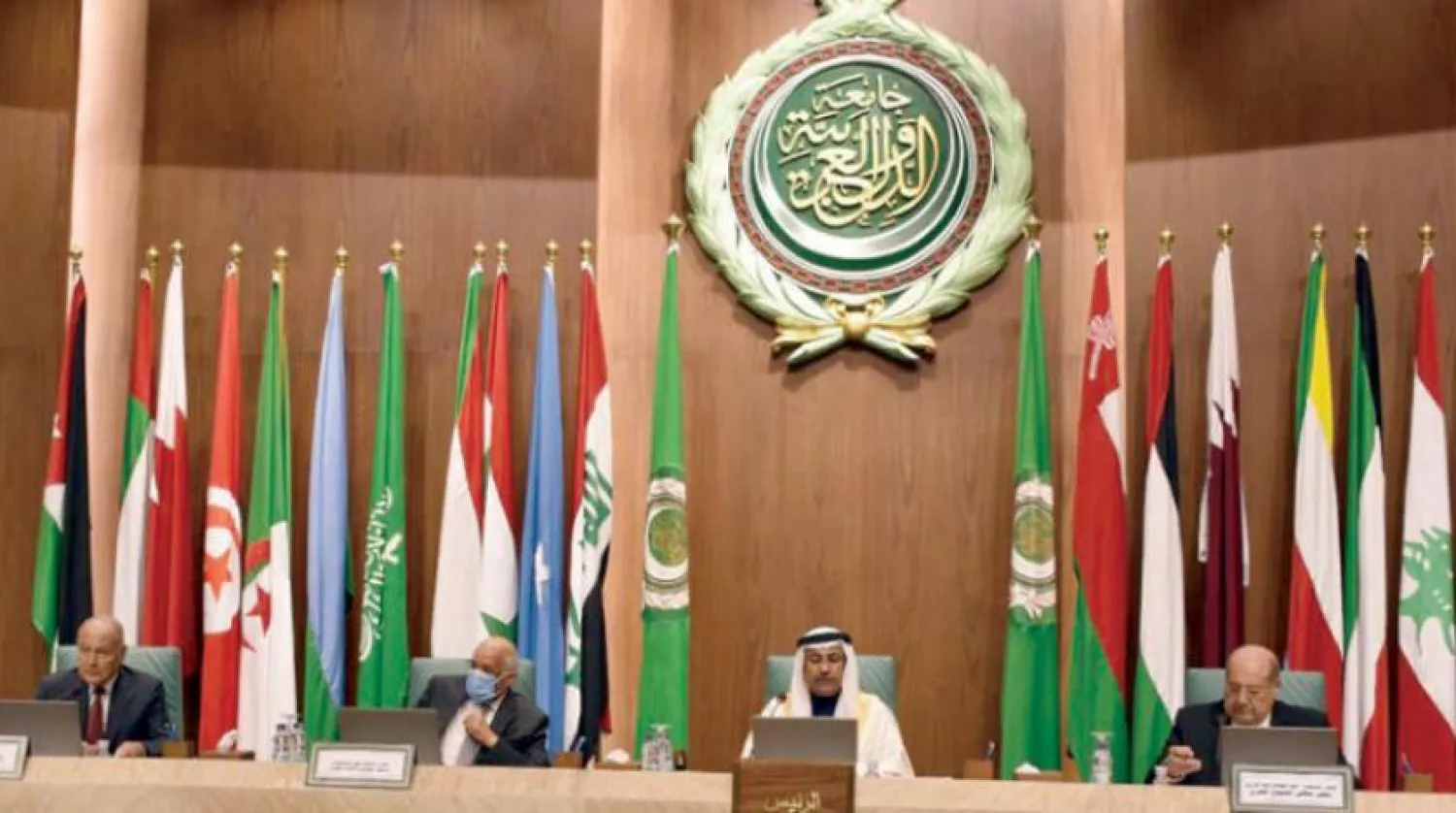The challenges facing the region are unprecedented, especially on the security and strategic levels, said Arab League Secretary General Ahmed Aboul Gheit.
Regional neighbors have been adopting various policies and engaging in practices that harm the national security of all Arab states, he stressed a speech before the Arab Parliament on Saturday.
“There is no doubt that the deep and rapid changes taking place in the region demand vigilance and firm positions and stances,” he added.
“Periods of change and transition are often the most difficult and dangerous on the lives of peoples and nations,” he noted, while stressed that the Palestinian cause and right of Palestinians to an independent state, according to the 1967 borders and whose capital is East Jerusalem, are at the top of Arab priorities.
“We will never be silenced over this issue,” Aboul Gheit declared.
Saturday marked the eighth anniversary of the permanent establishment of the Arab Parliament. The parliament’s second session of its third legislative meeting was launched at the Arab League headquarters in Cairo. It was chaired by its Speaker Ali bin Abdulrahman al-Asoumi and attended by Aboul Gheit, Egyptian Parliament Speaker Ali Abdel Aal and Senate Speaker Abdelwahab Abdelrazek.
Asoumi said various significant issues were tackled during the session, including the fight against terrorist and armed groups.
He announced the parliament’s inauguration of the Arab Parliamentary Diplomacy Center, saying it aims to achieve regional goals and strategies of Arab parliamentary diplomacy.
On Iraq, he said the parliament exerted by its government to restore stability and security, limit the possession of weapons to the state and its security forces.
He added that the parliament welcomes the ongoing dialogue between the federal Iraqi government and the Kurdistan Regional Government to resolve outstanding issues in line with the law and constitution and achieve justice in the distribution of wealth among Iraqis.
On Libya, Asoumi said the Arab Parliament has been following up with the developments on ground and efforts to complete the inter-Libyan dialogue to completely resolve the country’s crisis while ensuring the state’s sovereignty and preserving its national unity.
On Yemen, the parliament condemned the recent massacres that have been committed by Iran-backed Houthi militias in Hodeidah and Taiz and that have left dozens of people dead.
Asoumi urged the international community and the UN Security Council to take immediate and urgent measures to protect civilians.









